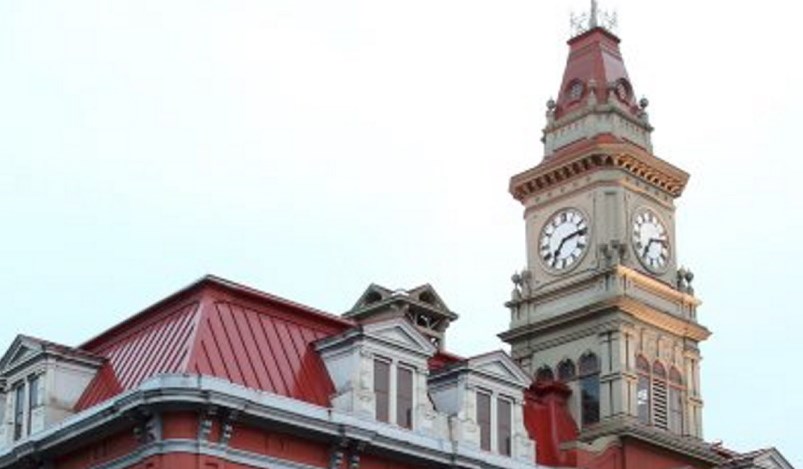Victoria is looking at setting minimum standards for rental apartment maintenance under a suite of measures designed to protect aging rental units and their tenants.
Under a proposal for a new standards of maintenance bylaw, rental apartments would have to meet minimum standards including:
• Be free of leaks from plumbing or water ingress.
• Functioning heat and hot water. (Portable room heaters would not be permitted as a primary source of heat.)
• Pest control.
• Fire safety systems.
• Doors, windows, sanitation and electrical facilities, and appliances should be in good working order.
• Good ventilation.
• Elevators must be maintained and operational. Elevators shall not be out of service for more than a month.
“We’re really behind a lot of places in terms of tenant protection and building revitalization. So I think this is a good step in both of those directions,” said Mayor Lisa Helps.
A consultant’s study has found that 60 per cent of Victorians rent. The city has 679 market-priced rental buildings with 16,733 total units. But the majority of those are getting tired and will need significant repair in the next two decades.
All but about 330 units were built prior to 2000, and the majority of purpose-built rental was built in the 1960s and 1970s, the consultant found.
Helps said the numbers underscore the importance of the city taking action. “We’re talking about the majority of the population of the city. So this isn’t a so-called special interest group or [the] marginalized. This is literally 60 per cent of the population and I think it’s something we all need to really focus our efforts on,” Helps said.
The complaints process under the bylaw would first see the tenant advise the landlord in writing of a problem. If not resolved, the tenant would contact the Residential Tenancy Branch. If the landlord doesn’t take action as prescribed by the Residential Tenancy Branch, the tenant could submit a complaint to the city to investigate possible contravention of a standards of maintenance bylaw.
If council approves, the next step would be for staff to draft the bylaw, bring forward an implementation and resourcing plan and establish a system to track complaints.
Helps said she wants to know what the staffing implications are. “It definitely is a concern and that’s something we need to balance as well. ”
A tenant assistance policy targeted at mitigating the impact on “vulnerable” tenants who might be displaced due to redevelopment or rezoning is also being proposed. (Vulnerable tenants would include long-term tenants who might be paying rent that’s significantly below market rates; tenants with specific housing needs due to a disability; seniors who might be long-term tenants on a fixed income; others who identify as being vulnerable.)
While the Residential Tenancy Act requires two months of notice to tenants and the equivalent of one month of compensation, the city’s policy would require three months of notice and three months of rent compensation.
It could also require appointment of a tenant relocation manager as a point of contact and identification of at least three relocation options, compensation for moving expenses and right of first refusal with a 10 per cent rent reduction in the replacement project.
City staff note that the scope of the tenant assistance policy is narrow and does not protect tenants from evictions that occur when renovations or development does not require rezoning.
Helps said the application of the tenant assistance policy would be mandatory at rezoning but voluntary for displacement caused by renovations that don’t involve rezonings.
David Hutniak, CEO of Landlord B.C., said his organization was involved in the consultative process and is generally supportive of the recommendations.
City staff are also recommending a program to promote energy efficiency and seismic upgrading of aging rental buildings.



